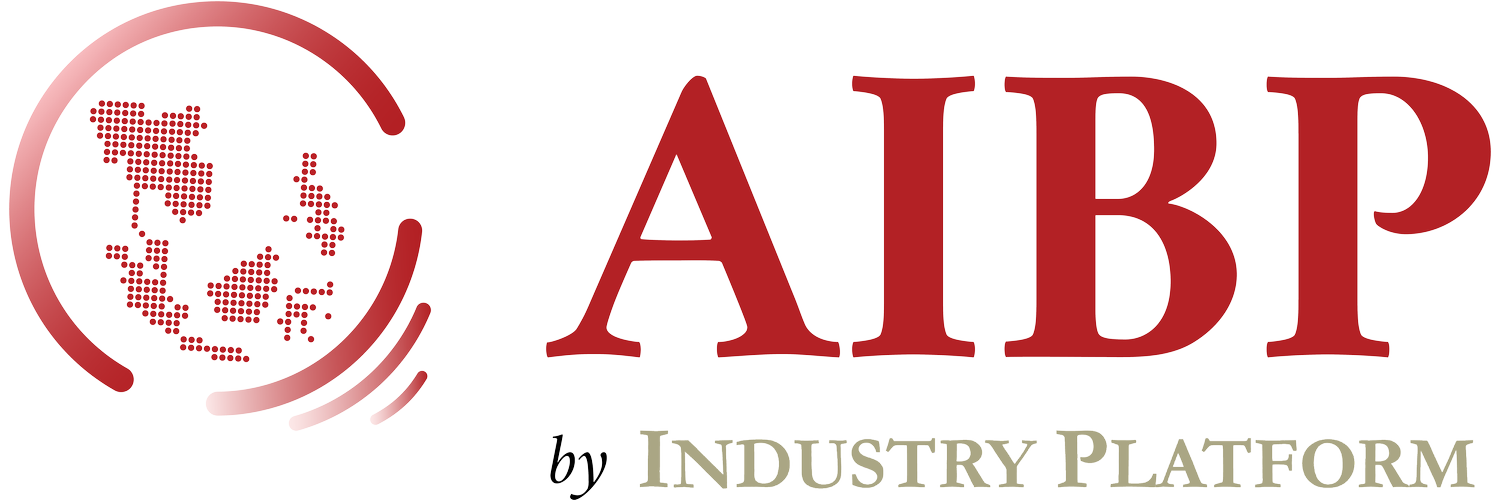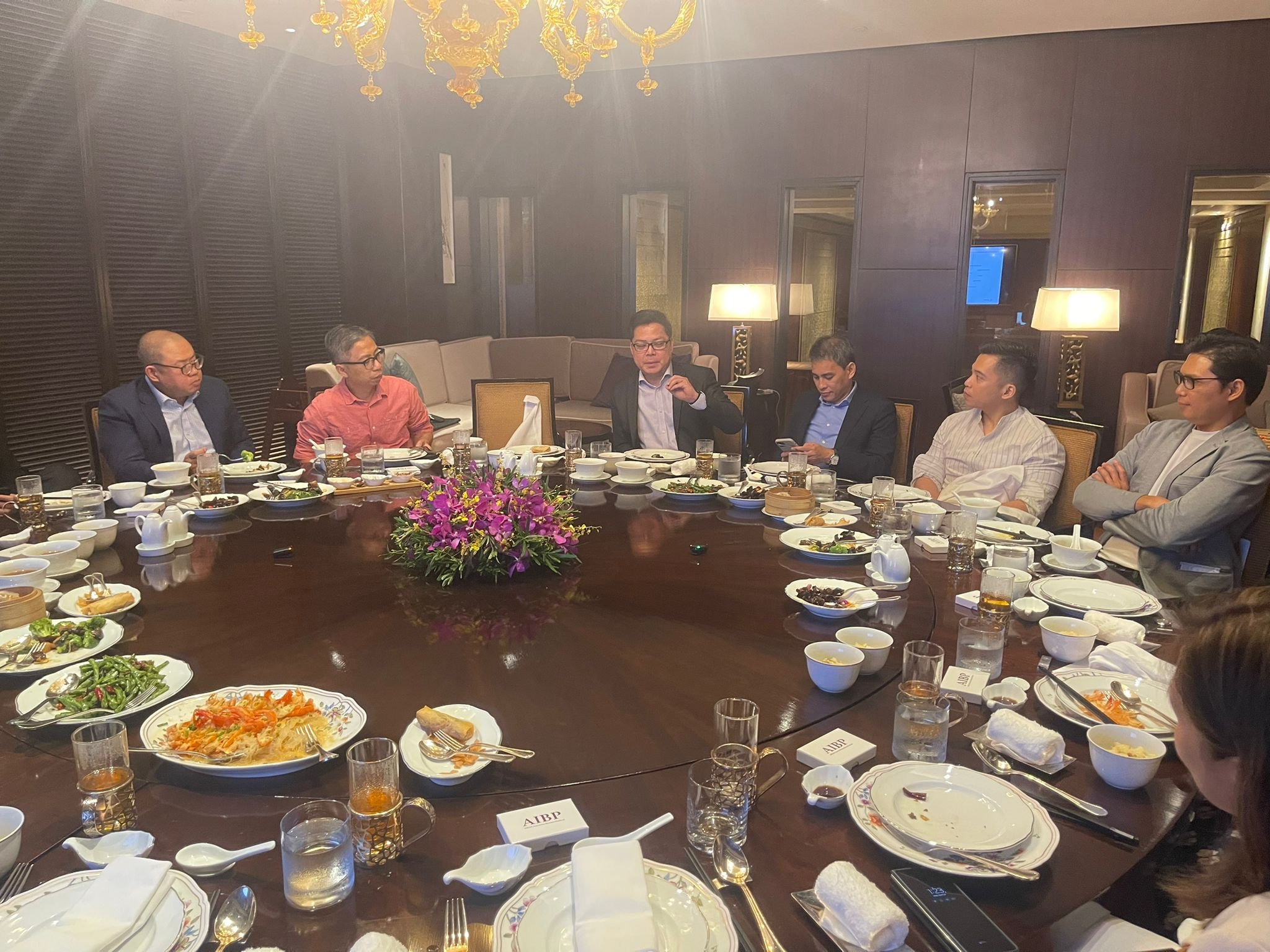
47th Edition
Building Resilient Data Culture
5 September 2024, Thursday, 12:30 - 15:30
W Kuala Lumpur, The Great Room
121, Jln Ampang, Kuala Lumpur, 50450 Kuala Lumpur, Wilayah Persekutuan Kuala Lumpur, Malaysia
Panel Discussion on Data Responsibility: Building Trust and Resilience in Malaysia's Digital Ecosystem
Malaysia's digital landscape is booming, fueled by vast amounts of data. Businesses are unlocking new opportunities but also face the growing challenge of safeguarding the information they collect. Consumer trust is essential. Data breaches, misuse, and unexpected disruptions can damage reputations and stifle growth. This panel will explore how Malaysian businesses can become responsible stewards of data. This panel will discuss strategies for strengthening security, prioritizing transparency, building robust defenses against cyber threats, and developing effective data recovery and incident response plans.
Discussion Themes
Challenges in data security and governance
Leveraging emerging technologies to enhance data security and governance
Building and maintaining consumer trust in the digital age
2:00 - 2:15PM: (Presentation) Beyond Borders: Privacy Challenges in the Digitised Economy
Yulia Askhadulina, CIPP/E, Compliance and Data Protection Director, Minor International PCL
2:15 - 2:30PM: (Presentation) The Future of Data Security, Management & Insights
2:30 - 3:15PM: (Panel Discussion) Data Responsibility: Building Trust and Resilience in Malaysia's Digital Ecosystem
Suresh Sankaran Srinivasan, Group Head of Cybersecurity, Axiata Group
Ts. Jacky Cheong, Head of Enterprise Data Governance, CelcomDigi
Nili Shayrina binti Saat, Group Head, Risk Management & Compliance, IHH Healthcare
Mohamed Kheirulnaim, P.Tech (CS), Senior Assistant Director / Head of Incident Response & Cyber Threat Intelligence, National Cyber Security Agency (NACSA), Malaysia
Agenda
Register your interest to participate via the form, or reach out to us at:
vanessa@industry-platform.com
ernest@industry-platform.com
For the latest ASEAN Digitalisation Updates, connect with AIBP
According to over 600 enterprise respondents, these are the top 5 Challenges to Digital Transformation in Malaysia
… and these are the technology investments being made
Highlights from 2023 ASEAN Advisory Board Meetings
Bridging expectations for digital transformation - Thailand
-
Enterprises know that technology works, but adoption is tied to the value end users see: solution providers need to understand the pain points of end-users (beyond IT/tech teams) in order to encourage adoption
Need to bridge technology and business, and rethink the value-add of people: enterprises are ready to co-work (and co-create) with tech providers through knowledge-sharing
A relook at technology investment costs and pricing: is there a possibility for investment-sharing (hence risk sharing) between technology provider and enterprises to ensure successes from the beginning?
Start-up solutions are novel, but sometimes need help to be able to address a real business case: enterprises are open to validate and ready them
Cybersecurity, Food Security and ESG Goals - Malaysia
-
Cybersecurity is crucial for digital transformation success as organisations become more vulnerable to cyber threats.
Investing in proactive cybersecurity measures is essential for protecting digital assets and infrastructure.
Food security is a significant issue in Malaysia, and measures need to be taken to ensure the country's food supply remains secure and sustainable.
Integrating ESG goals into business operations and decision-making processes can provide long-term benefits beyond compliance.
Standardisation of ESG metrics and regulatory guidance is necessary to ensure consistent implementation across different companies and industries.
Value Optimisation for Enterprise Innovations - Philippines
-
On deciding which digital capabilities to manage centrally to drive efficiencies, it is important to measure scalability in reducing the cost to serve, while managing time resources spent.
On increased cybersecurity risks, a centrally guided cybersecurity roadmap is crucial for conglomerates, with businesses at varying degrees of digital maturity. The discussion highlighted the importance of the minimum viable security product (MVSP), which establishes a baseline security checklist for effective cybersecurity management in the evolving digital landscape.
On enabling a hybrid work model. The shortage of skilled digital workers in the Philippines means that organisations that wish to hire these resources have to offer a hybrid work environment as table stakes. However the availability of technologies such as 3D modelling has also made previously resource intensive work such as maintaining remote sites more efficient. Several companies have also started exploring how to use generative AI to plug the gap. Philippines, with the youngest median age of 25.7 amongst the ASEAN-5, seems to be an an inflection point when it comes to the evolution of work culture
On conglomerates, business consolidation and the value it provides. Mergers and acquisitions are key tools to utilize in extracting value and the Philippines has seen its fair share of consolidation, especially within the banking industry. Discussions centred around creating effective shared services and utilizing scale for technology adoption.
Embracing Volatility, Maximising Value - Indonesia
-
As businesses adjust to a post-pandemic world, they face a rise in digital service demand. Anteraja's CEO discusses the need for operational strategy adjustments. Healthcare companies seek innovation in customer outreach. Investing in technology and digital infrastructure is crucial for resilience and competitiveness.
Market volatility demands agile adaptation from businesses. Blue Bird Group's President Director, Pak Sigit Djokosoetono, highlights the impact of fluctuating supply and demand, evolving consumer behavior, and external factors like global politics and natural disasters. To succeed, enterprises must enhance productivity, manage costs, and embrace adaptability and agility. Predicting future demand is challenging amidst volatility. In healthcare, supply chain disruptions and inflation increase costs, but technology can help improve services and reduce expenses. By optimizing internal operations, businesses can maintain control while waiting for a better environment.
Investing in technology is no longer enough for success in today's business landscape. Enterprises need transparency and collaboration with tech providers to achieve desired outcomes. Transitioning to newer technology should consider long-term financing costs. Alliances with tech giants drive efficiency and productivity. Partnering with technology providers enhances business effectiveness.

















